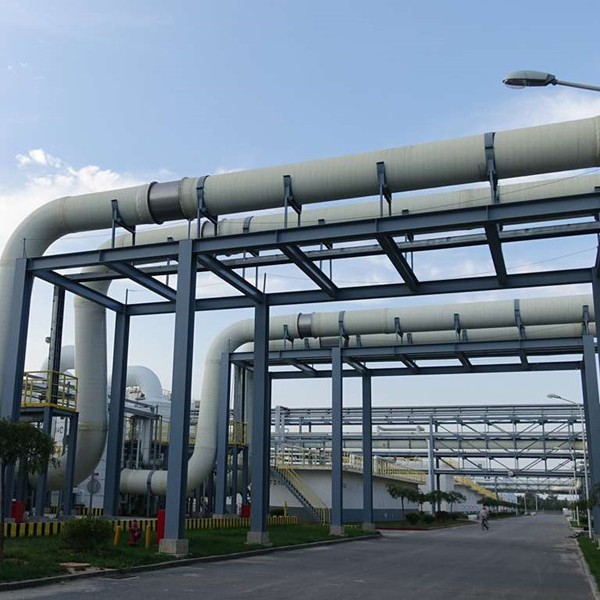
-
 Afrikaans
Afrikaans -
 Albanian
Albanian -
 Amharic
Amharic -
 Arabic
Arabic -
 Armenian
Armenian -
 Azerbaijani
Azerbaijani -
 Basque
Basque -
 Belarusian
Belarusian -
 Bengali
Bengali -
 Bosnian
Bosnian -
 Bulgarian
Bulgarian -
 Catalan
Catalan -
 Cebuano
Cebuano -
 China
China -
 China (Taiwan)
China (Taiwan) -
 Corsican
Corsican -
 Croatian
Croatian -
 Czech
Czech -
 Danish
Danish -
 Dutch
Dutch -
 English
English -
 Esperanto
Esperanto -
 Estonian
Estonian -
 Finnish
Finnish -
 French
French -
 Frisian
Frisian -
 Galician
Galician -
 Georgian
Georgian -
 German
German -
 Greek
Greek -
 Gujarati
Gujarati -
 Haitian Creole
Haitian Creole -
 hausa
hausa -
 hawaiian
hawaiian -
 Hebrew
Hebrew -
 Hindi
Hindi -
 Miao
Miao -
 Hungarian
Hungarian -
 Icelandic
Icelandic -
 igbo
igbo -
 Indonesian
Indonesian -
 irish
irish -
 Italian
Italian -
 Japanese
Japanese -
 Javanese
Javanese -
 Kannada
Kannada -
 kazakh
kazakh -
 Khmer
Khmer -
 Rwandese
Rwandese -
 Korean
Korean -
 Kurdish
Kurdish -
 Kyrgyz
Kyrgyz -
 Lao
Lao -
 Latin
Latin -
 Latvian
Latvian -
 Lithuanian
Lithuanian -
 Luxembourgish
Luxembourgish -
 Macedonian
Macedonian -
 Malgashi
Malgashi -
 Malay
Malay -
 Malayalam
Malayalam -
 Maltese
Maltese -
 Maori
Maori -
 Marathi
Marathi -
 Mongolian
Mongolian -
 Myanmar
Myanmar -
 Nepali
Nepali -
 Norwegian
Norwegian -
 Norwegian
Norwegian -
 Occitan
Occitan -
 Pashto
Pashto -
 Persian
Persian -
 Polish
Polish -
 Portuguese
Portuguese -
 Punjabi
Punjabi -
 Romanian
Romanian -
 Russian
Russian -
 Samoan
Samoan -
 Scottish Gaelic
Scottish Gaelic -
 Serbian
Serbian -
 Sesotho
Sesotho -
 Shona
Shona -
 Sindhi
Sindhi -
 Sinhala
Sinhala -
 Slovak
Slovak -
 Slovenian
Slovenian -
 Somali
Somali -
 Spanish
Spanish -
 Sundanese
Sundanese -
 Swahili
Swahili -
 Swedish
Swedish -
 Tagalog
Tagalog -
 Tajik
Tajik -
 Tamil
Tamil -
 Tatar
Tatar -
 Telugu
Telugu -
 Thai
Thai -
 Turkish
Turkish -
 Turkmen
Turkmen -
 Ukrainian
Ukrainian -
 Urdu
Urdu -
 Uighur
Uighur -
 Uzbek
Uzbek -
 Vietnamese
Vietnamese -
 Welsh
Welsh -
 Bantu
Bantu -
 Yiddish
Yiddish -
 Yoruba
Yoruba -
 Zulu
Zulu
Durable Fiberglass Structures for Enhanced Performance and Protection in Various Applications
The Versatile World of Fiberglass Stacks
Fiberglass stacks have emerged as a crucial component in various industries, providing both structural integrity and resistance to harsh environmental conditions. They are particularly prominent in applications where lightweight materials are essential, but strength and durability cannot be compromised. This article delves into the characteristics, benefits, and applications of fiberglass stacks, showcasing their importance in modern engineering.
What Are Fiberglass Stacks?
Fiberglass stacks are tubes made from composite materials, primarily reinforced plastic composites that utilize glass fibers to enhance strength and durability. These stacks serve various functions, but commonly, they are used for exhaust systems in manufacturing plants, power generation facilities, and other industries where emissions control is essential. The design of these stacks can vary significantly, from small exhaust outlets to large industrial chimneys, each tailored to suit specific operational requirements.
Characteristics of Fiberglass
One of the most notable characteristics of fiberglass is its lightweight nature. Compared to traditional materials like steel and concrete, fiberglass is considerably lighter, which makes handling, transportation, and installation easier and less costly. Fiberglass stacks can be constructed in a way that minimizes the structural support required, reducing the overall foundation demands and costs.
In addition to being lightweight, fiberglass is incredibly resistant to corrosion. Unlike metal stacks that can succumb to rust and degradation when exposed to harsh chemicals and environmental conditions, fiberglass withstands aggressive elements such as acidic gases and moisture. This characteristic is particularly advantageous for industries involved in chemical processing, where emissions often include corrosive substances.
Thermal Insulation Properties
Another significant advantage of fiberglass stacks is their excellent thermal insulation properties. This is essential in situations where maintaining temperature is critical, such as in power generation facilities or chemical plants. Fiberglass can withstand high temperatures without compromising its structural integrity, which means it can effectively contain heat and insulate other areas of the emissions system, resulting in improved energy efficiency.
fiberglass stack

Environmental Considerations
With increasing regulatory pressures to reduce emissions and improve air quality, industries are turning to solutions that marry compliance with practicality. Fiberglass stacks contribute positively to this scenario. They are designed to meet stringent environmental standards, ensuring that harmful gases are captured and processed correctly. Additionally, their long lifespan and durability mean lower maintenance costs and fewer replacements, further benefitting both the environment and company finances.
Applications across Industries
The applications of fiberglass stacks are vast and varied. In the energy sector, they are commonly used in power plants to exhaust flue gases while minimizing pollutants. The industrial sector employs fiberglass stacks in manufacturing processes where volatile organic compounds (VOCs) and other harmful emissions are generated. Similarly, the chemical industry uses these stacks to control emissions during production and storage, ensuring compliance with environmental regulations.
Moreover, fiberglass stacks are also finding their place in smaller applications, such as residential or commercial heating systems. Their adaptability makes them suitable for many different scenarios, from small exhaust systems to large-scale industrial solutions.
Conclusion
The rise of fiberglass stacks marks a significant transformation in how industries approach their emissions and exhaust systems. Offering a combination of lightweight strength, corrosion resistance, thermal insulation, and environmental compliance, fiberglass stacks are positioned as a sustainable and efficient solution for modern engineering challenges. As businesses continue to focus on eco-friendly practices and regulatory compliance, the versatility and durability of fiberglass stacks will undoubtedly play a crucial role in shaping the future of emissions management across various sectors.
In conclusion, fiberglass stacks are more than just construction components; they represent an innovative solution that aligns with the goals of efficiency, durability, and environmental responsibility. As technology advances and materials science continues to evolve, we can expect fiberglass stacks to adapt and remain a relevant choice for industries across the board.









